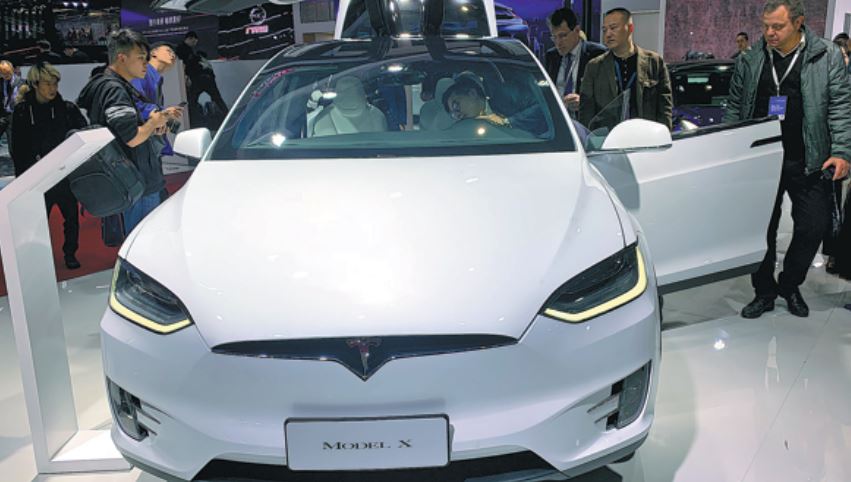NEV makers called on to act in boosting residual value of used vehicles


The China Automobile Dealers Association is calling for carmakers to help with the residual value of second-hand new energy vehicles, which is much lower than that of gasoline cars.
Earlier this month, the association released its latest report on the residual value ratio of the vehicles on sale in the Chinese market in July.
The report revealed that secondhand plug-in hybrid electric vehicles had a residual value ratio of 45.5 percent last month, while used fully electric vehicles had a ratio of 33.5 percent.
The low residual value ratio of the used new energy vehicles in July is not an independent phenomenon. The trend has lasted for months.
Previous data released by the association show the residual value ratio of second-hand hybrids was 45.8 percent in June, 46.4 percent in May and 47.5 percent in April.
As for used full electric vehicles, the residual value ratio was even lower. The numbers tallied 34.2 percent in June, 32.4 percent in May and 28.8 percent in April.
From the perspective of the new energy vehicle brands, Tesla, BYD and BMW ranked at the top last month in terms of the residual value ratio.
The Tesla Model S had a residual value ratio of 60.9 percent last month, the BYD Tang DM tallied 50.8 percent and the plug-in hybrid version of BMW 5 Series had 47 percent.
However, when it comes to conventional fuel vehicles, Toyota ranked first among joint venture brands in July with a residual value ratio of 74.4 percent.
Honda had a residual value ratio of 73.8 percent, ranking second and witnessing a growth of 0.5 percentage points from June.
Baojun, Changan and Great Wall Motors' Haval were top among Chinese brands. Baojun had a residual value ratio of 64.4 percent last month, while Changan tallied 59.8 percent and Haval 59.1 percent.
With the introduction of new-generation plug-in hybrids and electric cars, it is difficult for previous vehicles to maintain their values, insiders said. The market performance is similar to electronic products.
The report released by the association cited that besides rapid replacement, the lack of disposal channels results in low trading volume of the second-hand new energy vehicles.
In an effort to solve the problem, the association has appealed to automakers for improving the residual value management of used new energy vehicles, suggesting that the officially certified second-hand vehicles be applicable for used new energy cars.
Data show that there have been some 30 automakers conducting the business of officially certified second-hand vehicles since 2002.
According to the report, the mechanism of officially certified vehicles has its advantages, including reducing the purchase threshold of target customers, boosting new car sales and stabilizing the brand value.
"The business model of officially certified vehicles could be a solution for the new energy vehicle makers, but not now," said Yale Zhang, managing director of Shanghai-based consulting firm Automotive Foresight.
The primary task for new energy carmakers should be improving the quality of their products, which directly affects consumers' confidence in buying a new car and a second-hand one, Zhang added.




































